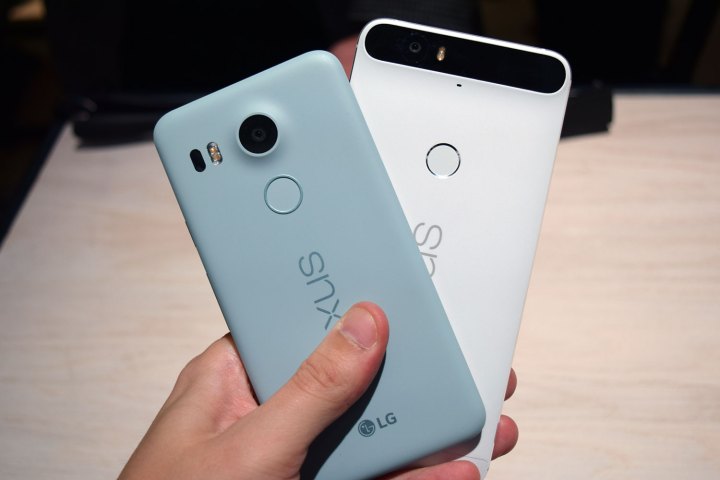
If you head over to this support page for Nexus devices and their update cycles, you’ll find concrete dates listed for Nexus devices on when they’ll stop receiving Android software updates. The company has never given firm dates before, so this is a welcome change. Google’s most recent Nexus phones — the 5X and the 6P — will stop getting Android version updates after September 2017. That means those devices will likely receive
Android version updates, like the upcoming
Security updates thankfully last a little longer at “3 years from availability or 18 months from when the Google Store last sold the device.”
So the 2014 Nexus 9 tablet will no longer get Android version updates after October this year, but will continue to get security updates until the fall of 2017. The Nexus 5 stopped getting support last October, which is why it’s not slated to get
Two Nexus devices are rumored to come with Android N later this year, and reports suggest Huawei is slated to manufacture them — a solid choice given the success and general praise of the Nexus 6P.
Updated on 06-22-2016 by Julian Chokkattu: Added in clarification from Google about the Nexus 6.
Editors' Recommendations
- A new Google Pixel Tablet is coming, but it’s not what you think
- The 6 biggest announcements we expect from Google I/O 2024
- Google just released the first Android 15 beta. Here’s what’s new
- Google Pixel Watch 3: news, rumored price, release date, and more
- Google Pixel 9: news, rumored price, release date, and more
